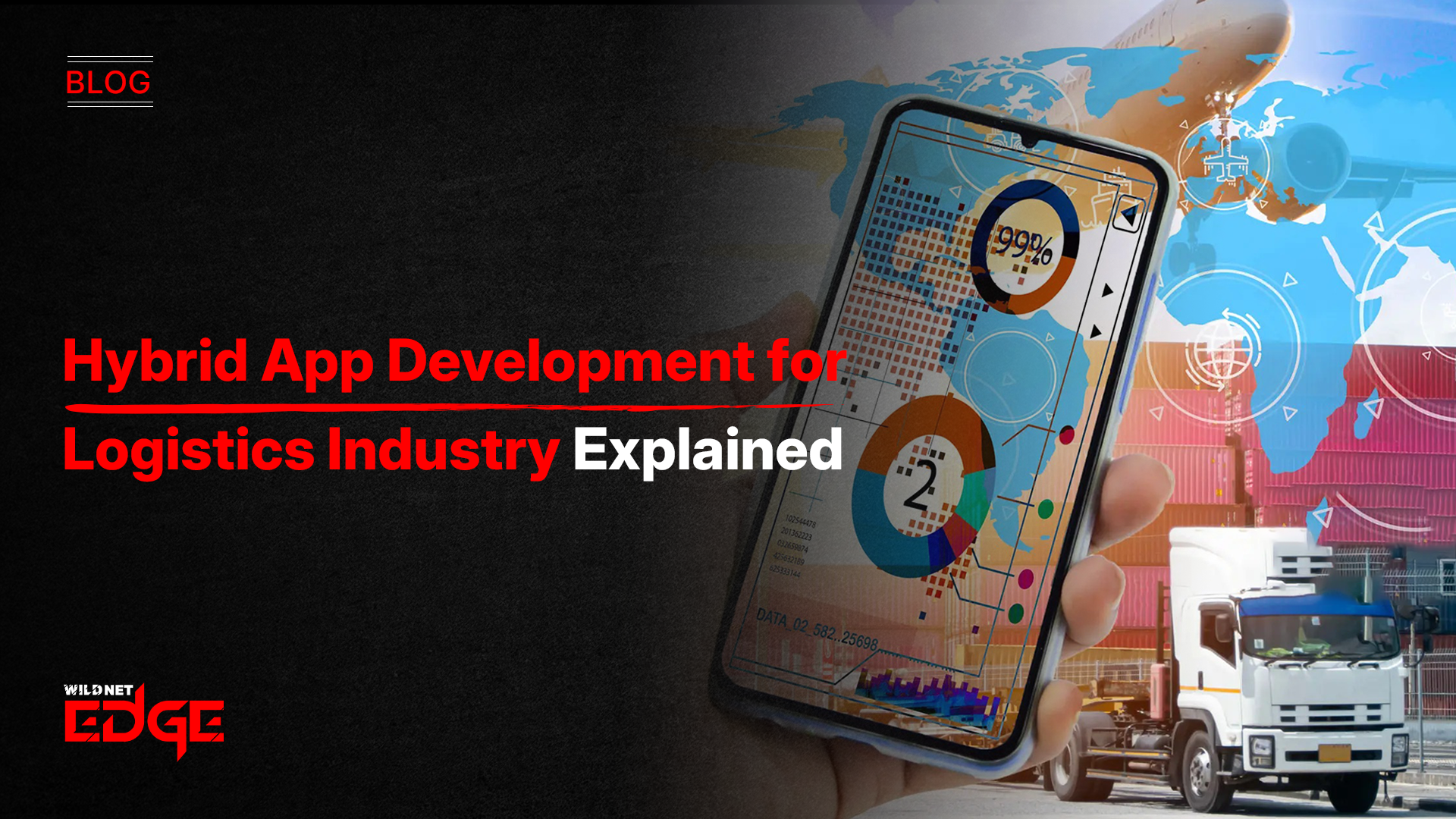In today’s fast-paced business environment, the demand for instant, effective support has never been higher. This has sparked a critical strategic discussion: in the debate of AI vs human assistant, which is the right choice for your company? Do you invest in the scalable efficiency of artificial intelligence or the nuanced, empathetic touch of a human professional?
The truth is, this isn’t a simple battle of machine versus person. It’s about understanding the unique strengths of each and building a strategy that leverages them to their full potential. The rise of sophisticated AI automation trends has made this decision more complex and more important than ever. An advanced AI Virtual Assistant can now handle tasks once thought to be exclusively human, revolutionizing how businesses operate.
The Case for AI: Efficiency, Scalability, and Cost-Effectiveness
Artificial intelligence excels where consistency, speed, and data processing are paramount. For businesses looking to scale operations without a proportional increase in costs, AI offers a compelling value proposition.
24/7 Availability and Instant Responses
An AI assistant never sleeps, takes a vacation, or calls in sick. It can handle thousands of routine customer queries simultaneously, at any time of day or night, providing instant responses. This 24/7 availability meets modern customer expectations for immediate support and is a leading driver of AI automation trends.
Data Processing and Unwavering Consistency
AI can process vast datasets in seconds, providing accurate, data-driven answers every time. This eliminates the risk of human error or inconsistent information. In this virtual personal assistant comparison, AI’s ability to maintain perfect consistency is a significant advantage for tasks like technical support or policy questions.
Significant Cost Reduction
The economic benefits are substantial. Implementing an AI solution is significantly more cost-effective than hiring, training, and retaining a large team of human agents for repetitive tasks. This allows you to reallocate your human capital to more strategic, high-value roles.
The Unmatched Power of Human Support: Empathy and Complexity
While AI is a powerhouse of efficiency, human support holds an irreplaceable advantage in areas that require emotional intelligence and creative thinking.
Emotional Intelligence and Empathy
The core of the AI vs human assistant debate often comes down to empathy. A human agent can understand nuance, detect frustration in a customer’s tone, and offer genuine empathy to de-escalate a tense situation. This emotional connection is critical for resolving sensitive issues and building strong customer relationships.
Complex and Creative Problem-Solving
When a customer has a unique, non-standard problem that doesn’t fit a script, a human is essential. Humans can think outside the box, troubleshoot creatively, and devise bespoke solutions that an AI, trained on existing data, cannot.
Building Genuine Brand Loyalty
A positive interaction with a skilled and friendly human agent can build lasting brand loyalty. Customers remember the people who go the extra mile for them. In any virtual personal assistant comparison, the ability of humans to build genuine rapport is a key differentiator.
The Hybrid Model: The Best of Both Worlds
The future of business support isn’t a choice between AI and humans—it’s a partnership between them. The hybrid model has emerged as one of the most effective AI automation trends, leveraging AI for what it does best (speed and volume) and humans for what they do best (empathy and complexity).
In this model, an AI-powered chatbot or Virtual Personal Assistant acts as the first line of defense, instantly handling the majority of routine queries. If a customer’s issue becomes too complex, or if they express significant frustration, the AI can seamlessly escalate the conversation to a human agent. The agent receives the full context of the AI’s interaction, allowing them to step in and provide high-touch support without forcing the customer to repeat themselves. To implement this strategy effectively, many businesses partner with an AI Automation Agency.
The goal is to Automate Business Processes that are repetitive in order to free up your most valuable resource: your people. An AI Application Assistant can streamline internal workflows, giving your team more time to focus on customer-facing roles that require a human touch.
Conclusion
At Wildnet Edge, our AI-first approach provides a clear resolution to the AI vs human assistant debate: synergy. We believe the most powerful business solutions don’t replace humans but augment their abilities. Our focus is on building intelligent systems that handle the repetitive and data-intensive work, empowering your human team to focus on what matters most—building relationships and solving complex problems. We create AI that serves as a co-pilot, not just a replacement, ensuring your business is both hyper-efficient and deeply human.
FAQs
For most businesses, the answer is no. While AI can handle a vast range of routine and data-driven tasks, it cannot replicate human empathy, creativity, and complex problem-solving. The most effective strategy is a hybrid model where AI augments human capabilities.
AI assistants excel at tasks like answering frequently asked questions, scheduling appointments, processing orders, resetting passwords, and providing 24/7 first-level customer support.
Yes, when properly designed. Reputable AI solutions are built with robust security protocols, including data encryption and compliance with regulations like GDPR and CCPA, to ensure that sensitive business and customer information is protected.
The cost varies greatly depending on the complexity, level of customization, and the platform used. Simple chatbot implementations can be relatively low-cost, while a deeply integrated, custom AI assistant is a more significant investment.
Beyond chatbots, major AI automation trends include hyper-automation (automating as many processes as possible), AI-powered data analysis for predictive insights, and using AI for personalizing customer journeys across all digital touchpoints.

Managing Director (MD) Nitin Agarwal is a veteran in custom software development. He is fascinated by how software can turn ideas into real-world solutions. With extensive experience designing scalable and efficient systems, he focuses on creating software that delivers tangible results. Nitin enjoys exploring emerging technologies, taking on challenging projects, and mentoring teams to bring ideas to life. He believes that good software is not just about code; it’s about understanding problems and creating value for users. For him, great software combines thoughtful design, clever engineering, and a clear understanding of the problems it’s meant to solve.
 sales@wildnetedge.com
sales@wildnetedge.com +1 (212) 901 8616
+1 (212) 901 8616 +1 (437) 225-7733
+1 (437) 225-7733
















 ChatGPT Development & Enablement
ChatGPT Development & Enablement Hire AI & ChatGPT Experts
Hire AI & ChatGPT Experts ChatGPT Apps by Industry
ChatGPT Apps by Industry ChatGPT Blog
ChatGPT Blog ChatGPT Case study
ChatGPT Case study AI Development Services
AI Development Services Industry AI Solutions
Industry AI Solutions AI Consulting & Research
AI Consulting & Research Automation & Intelligence
Automation & Intelligence













